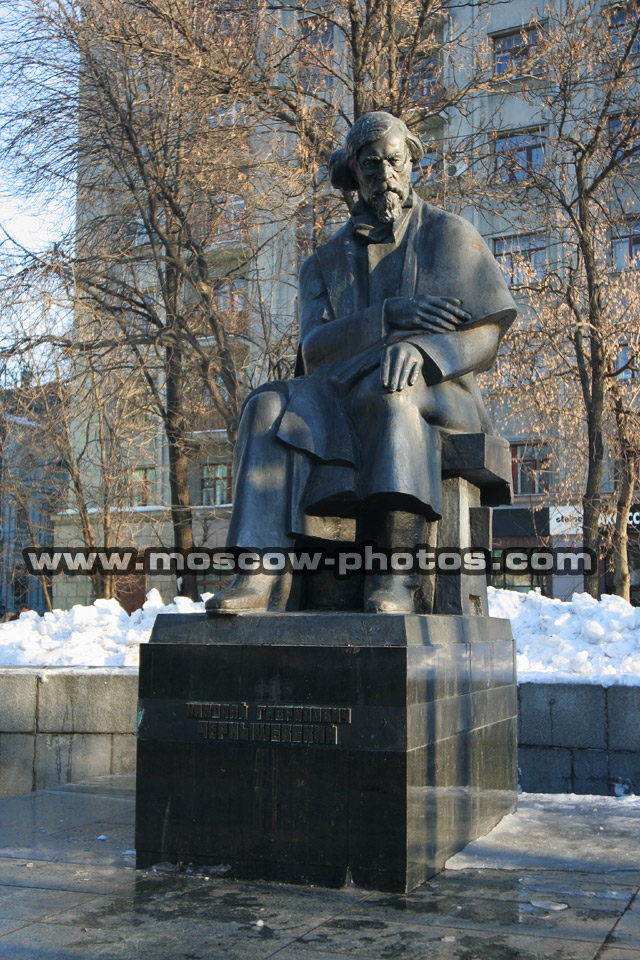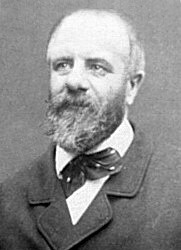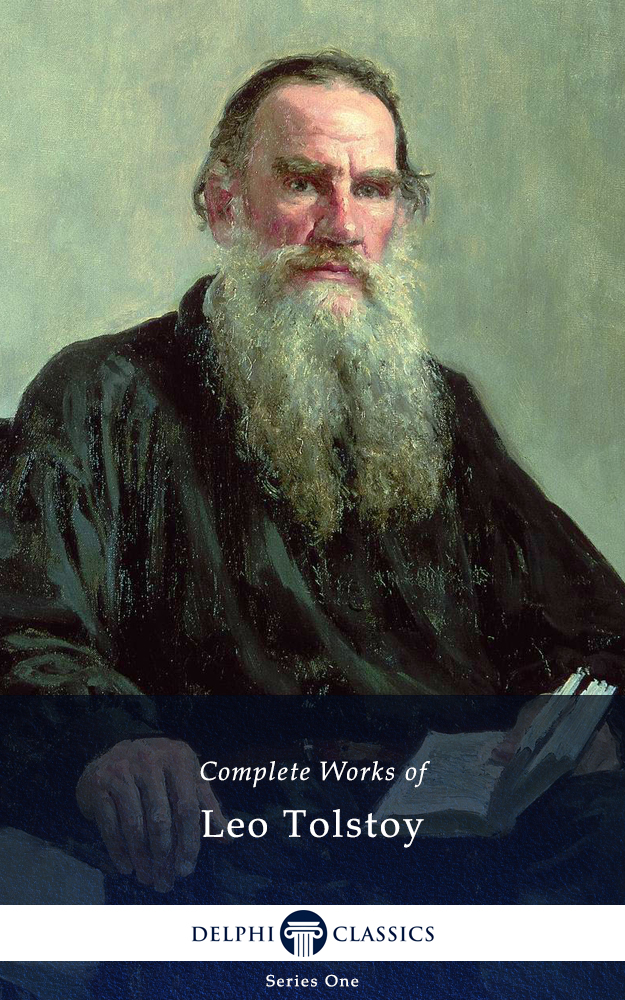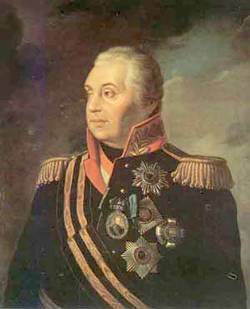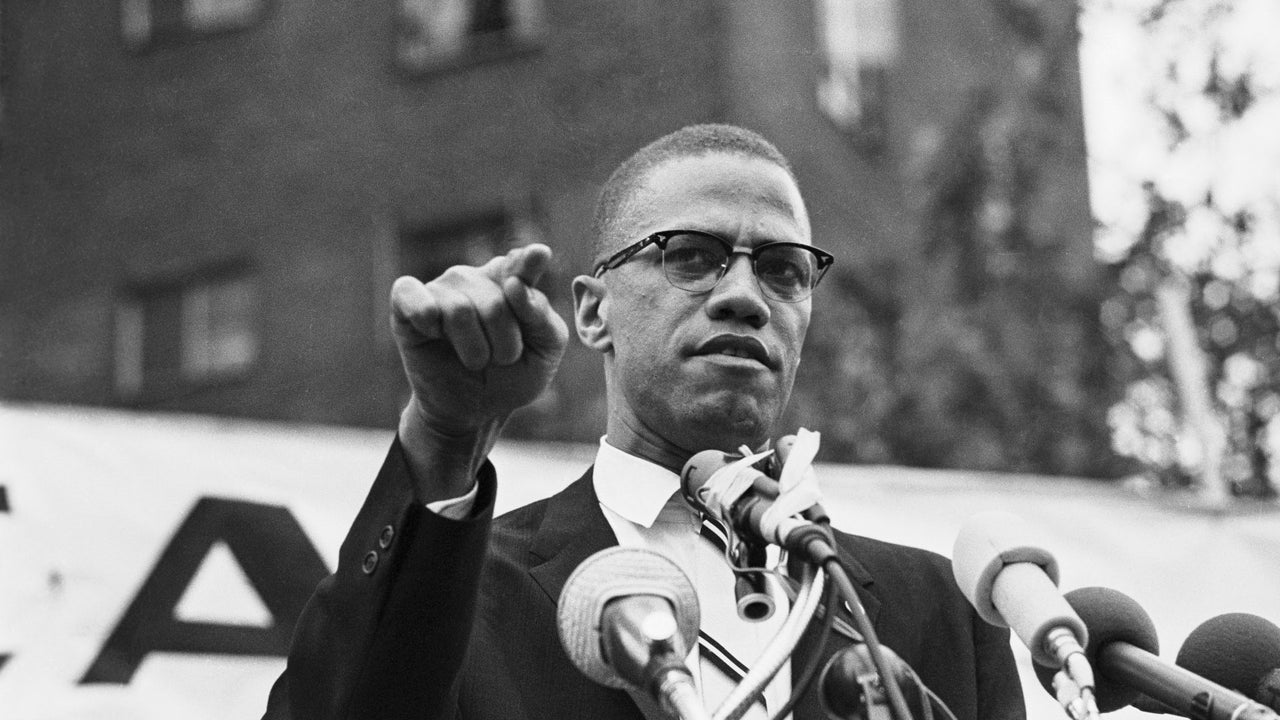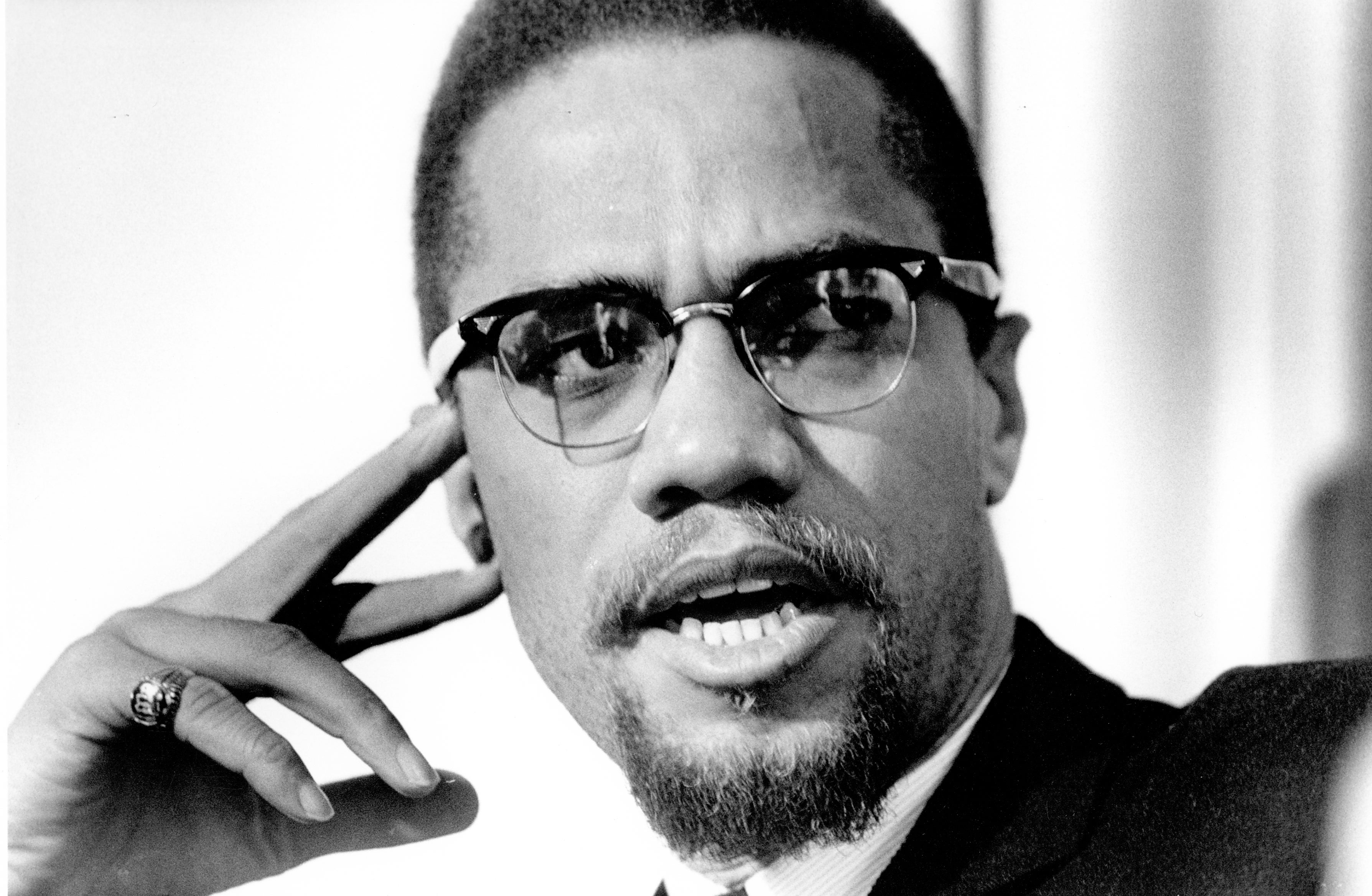01-29-2007, 07:42 PM
The Story of Zoya and Shura
L. Kosmodemyanskaya
Foreign Languages Publishing House: Moscow, 1953
http://www.greeklish.org/features/zoya/ ... /index.htm (http://www.greeklish.org/features/zoya/ ... /index.htm)

Chapter 39 - A High Standard
"Is your daughter a college student?" asked the librarian who used to give me the books on Zoya's list.
The lists were always long and varied. What did Zoya not read for her paper on the Paris Commune! There were historical works and translations from the French worker poets—Pottier and Clement. She read even more books about the Patriotic War of 1812. Her imagination was fired by Kutuzov and Bagration and the battles they fought, and she would rapturously repeat whole passages from Tolstoy's War and Peace by heart. Preparing for her report on Ilya Muromets, the folklore hero, she made up a long list of rare books, which I sought out with difficulty in various libraries.
It was no news to me that Zoya could work seriously, go straight to the very deepest source, to the very heart of the matter, that she could bury herself in her subject. But before Chernyshevsky she had never given herself up to any pursuit so completely and unreservedly. The day she became acquainted with Chernyshevsky was one of the most important in Zoya's life.
When she came home from the lesson at which Vera Sergeyevna had told the children about Chernyshevsky's life, Zoya said, "I want to know everything about him, Mummy! And at school we've only got What Is To Be Done? Please find out what they have in your library. I should like to have a big lull biography, and the correspondence and memoirs of his contemporaries. I want to be able to picture to myself what he was like in life."
A reticent girl, Zoya suddenly became talkative Apparently she needed to share every thought, ever discovery, every new spark ignited by the things she had read.
She would show me an old biography of Chernyshevsky, and say, "Here it says that in his first years as a student he took no interest in anything except study. But take a look at the Latin poetry he gave his cousin ft translate: 'May justice triumph or the world perish!' Or this: 'May falsehood vanish or the heavens fall!' Could that just be by chance…? And here, from a letter to the literary critic A. N. Pypin: 'To work not for transient glory but for the eternal glory of your Fatherland and for the good of mankind—what can be higher and more desirable than this?' Mama, I won't bother you any more but just listen to this. It's a note in his diary: 'I shall gladly give up my life for the triumph of my convictions! For the triumph of freedom, equality, brotherhood and prosperity, for the destruction of poverty and sin! If 1 am convinced that my convictions are just, and that they will triumph, I will not even regret not seeing the day when they shall triumph and rule, and death itself will be sweet, not bitter, be I only convinced of this'…To think of anyone saying after that that he was only interested in study!"
Once she began to read What Is To Be Done? Zoya could not tear herself away from the book. She was so absorbed in it that for the first time in her life, I think, she forgot to warm up the dinner at the usual hour. She hardly noticed me come in. For a second she gazed at me with faraway, unseeing eyes, and again bent over the book. Without disturbing her I lighted the kerosene stove, put on the soup, and took the bucket to pour water into the wash basin. It was only then that Zoya stirred, jumped up and grasped the bucket from me with the words, "I'll do it myself!"
That night, after supper was over, Shura and I went to bed. When I awoke late at night, Zoya was still reading. I got up, took the book from her in silence and placed it on the shelf. Zoya looked at me guiltily and imploringly.
"It's difficult for me to sleep with the light, and I must be up early tomorrow," I said, knowing that only this would persuade her.
In the morning Shura could not resist teasing his sister. "You know, Mummy, Zoya dived into that book as soon as she came back from school yesterday. And I saw she was lost to the world. I expect she'll soon begin sleeping on nails like Rakhmetov."
Zoya said nothing, but in the evening she came home from school with a book quoting Georgi Dimitrov's words about Rakhmetov—how the Russian writer's hero had become a model for the young Bulgarian worker taking his first steps in the revolutionary movement. Dimitrov wrote how in his youth he had striven to become just as firm, strong-willed and seasoned as Rakhmetov, how he had striven to subjugate his own personal life to the great cause—the struggle for the liberation of the toilers.
"The Life of Chernyshevsky"—was the theme of Zoya's next essay. She read and searched tirelessly for more and more material, and frequently unearthed facts of winch I had no knowledge.
Zoya described the civil (i.e., mock) execution of Chernyshevsky with laconic eloquence. The dull wet morning, the scaffold with the black post and chains, and the black board with the white letters "State Criminal," which they hung on Chernyshevsky's neck.
Then, the three months of hard exhausting travel, hundreds and thousands of long endless versts. And at last Kadaya—the remote Siberian convict settlement where the tsarist government tried to extinguish "the bright torch of banished science."
In one of her books Zoya found an ink drawing or rather a sketch, done by one of the political exiles, of the hut where Chernyshevsky lived. Shura, stirred by Zoya's enthusiasm, copied this sketch into her notebook, and succeeded in conveying the main thing: the despair gripping the cold deserted region. The hard line of the horizon, the marsh, the sandy wastes, a thin dwarfish forest, the crosses on the graves—all this seemed crushed by the low sullen skies; and crushed also by a terrible weight was the little hut itself, behind the walls of which one could expect neither warmth, nor comfort, nor joy.
The years dragged on in loneliness…A cheerless dreary life. And the more incredible seemed the letters which Nikolai Gavrilovich Chernyshevsky wrote to his wife and children, letters full of warmth, light, tenderness and love, which took months to arrive through the night and snow.
Thus passed seven long years. What a remarkable letter Chernyshevsky writes on the eve of his release to his wile Olga Sokratovna!
"My dear friend, my joy, my only love and thought. I write to you on the anniversary of our wedding. My dear joy, I thank you for bringing light to my life… On the 10th of August I shall cease to be idle and useless to you and the children. By the autumn I think I shall find a place in Irkutsk, or near Irkutsk, and shall be able to work as before… Soon everything will begin to go right…From this autumn…
Every word breathes the confidence and hope that they will meet soon. But instead—exile to Vilyuisk, and another thirteen long years of loneliness! The cold severe winter lasting half a year, and all round—marshland and tundra. These are the hardest years of imprisonment, not even lightened by the hope of release. There is nothing ahead. Only loneliness, and the night and snow…
And then there comes to Chernyshevsky a Colonel Vinnikov who hands him the government's proposal that he should send in a petition for pardon. Release and return to his native land is the promised reward.
"For what should I ask pardon?" replies Chernyshevsky. "That is the question…It seems to me that I have been exiled merely because my head and the head of the chief of the gendarmerie Shuvalov vary in structure, and can one ask pardon for that? Thank you for your pains… I absolutely refuse to ask for pardon…
And once again time dragged on. Day after day, year after year life ebbed away.
His is an active, mighty mind which so longs to work and create, which can see so far into the future! It is his hand that wrote those wrathful and impassioned proclamaitions to the Russian peasants. It was his voice that urged Hertzen not to call to prayer in his Kololeol but to call on Russia to take up the axe. All his life he devoted to one thing, strove always towards one goal—that the oppressed should obtain freedom. Even to his bride he said once: "I do not belong to myself, I have chosen another path which threatens me with prison and exile." And this man was condemned to what was for him the most terrible torture—inactivity. He was not even allowed to shake the hand of his dying friend and bid him a word of farewell.
Nekrasov was dying—the news was a cruel blow to Chernyshevsky. "If Nekrasov still breathes when you receive my letter," he wrote to Pypin, "fell him that I love him dearly as a human being, that I thank him for his kind disposition towards me, that I kiss him, that I am convinced his fame will be immortal, that Russia's love for him, the most noble, the most brilliant of all Russian poets, is eternal. I sob for him…
This letter took three months to arrive—and reached Nekrasov when he was still alive. "Tell Nikolai Gavrilovich," the dying man said, "that I am very grateful to him. Now I am comforted: his words are dearer to me than those of anyone else…
After twenty years of hard labour and exile Chernyshevsky at last returns to his native parts. He is full of impatience and impetuosity. He rushes on, without stopping anywhere, without giving himself an hour's rest through the whole of his long difficult journey. At last he reaches Astrakhan. And here again comes a cruel blow: Chernyshevsky is deprived of the opportunity to work. Who, what magazine will publish the articles of a "state criminal"? And again inactivity, again silence and emptiness all round.
Not long before Chernyshevsky's death he was visited by the writer Korolenko. Nikolai Gavrilovich refused to be pitied, recalls Korolenko. "He always had complete control of himself, and if he suffered—and could he help suffering cruelly!—he always suffered proudly, by himself, not sharing his bitter grief with anyone."
Zoya read us her essay aloud. Both Shura and I said what we thought, "Very good!" "One day," said Shura, pacing about the room, "I mean to paint a big picture. It will be called 'The Civil Execution of Chernyshevsky.'"
"That's what Hertzen wrote," Zoya quickly put in. "He wrote: 'Will not someone paint a picture—Chernyshevsky in the pillory?' He said that such a picture would expose—how did he put it?—would expose the obtuse scoundrels who pilloried human thought."
"I can see it all," went on Shura, hardly letting her finish. "Both the girl who threw flowers to him, and the officer who shouted 'Farewell!' And I can see Chernyshevsky himself at that moment, you know, when the executioner broke the sword above his head…They have forced Chernyshevsky to his knees but all the same, you can see at once from his face that he is not conquered and never will be conquered!"
The next day I had scarcely appeared at the door when Shura shouted, "Mama, Vera Sergeyevna called out Zoya! And, just think, she asked about the life and work of Chernyshevsky!"
"Well?"
"'Excellent'! 'Excellent'! The whole class listened open-mouthed. Me too, although I knew it so well already! And Vera Sergeyevna was very pleased!"
Zoya received an "excellent" for her essay too.
"She deserved it," I said.
"Not half!" exclaimed Shura.
One might have thought that the "excellent" would mark the completion of Zoya's work. But it was not so. Her acquaintance with Chernyshevsky, his life and his books, meant very much to Zoya. Chernyshevsky became for her a high standard of thought and deed. That was the real sum total of Zoya's work on her essay.
There is a round site in the park not far from Pokrovskiye Gates with the monument to 19-th century writer and thinker Nikolai Chernyshevsky. The author of the monument is Juriy Neroda.
The bronze statue is installed on a low granite slab. There is a granite wall with iron rings behind the statue and low parapets on the sides. There are four 19-th century street lamps in the place where paths meet the site. The monument was unveiled in 1988.
For his beliefs Nikolai Chernyshevsky was condemned by the tsarist regime to seven years of penal servitude and lifelong exile to Siberia. He wrote his famous novel "What Is to Be Done?" in the Petropavlovskaya Fortress, in the dreadful Alexeyevskiy Ravelin.
